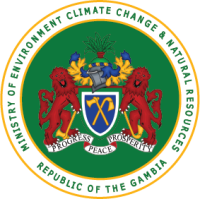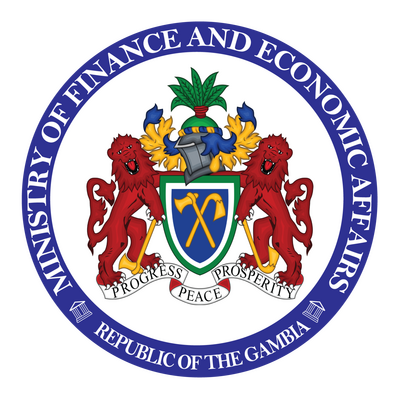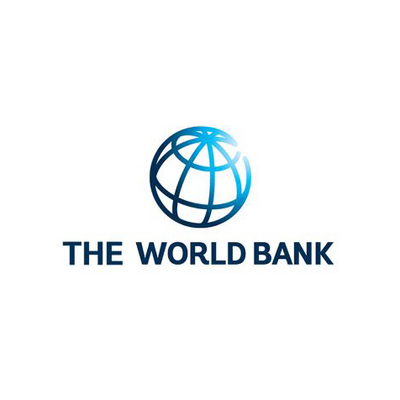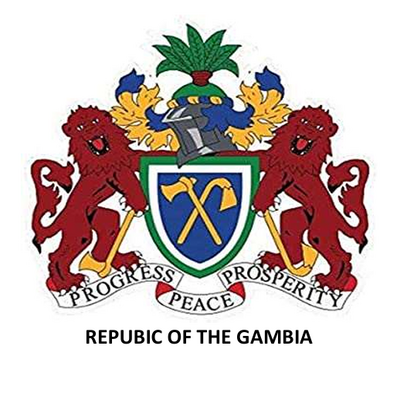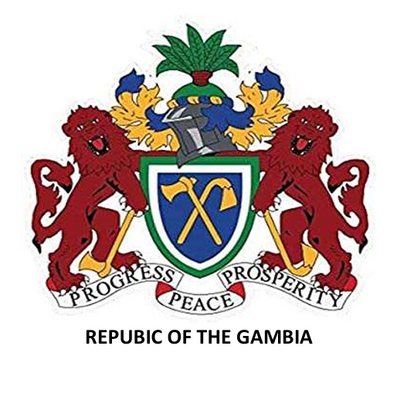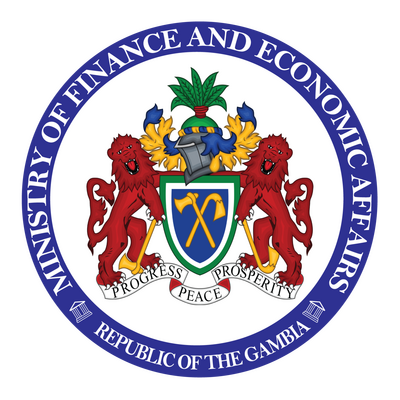
COMMUNICATIONS STRATEGY

The Gambia is one of the smallest West African countries with a sub-tropical climate marked by two seasons – hot and rainy, and a cooler dry season. The population which is estimated at 2.3 million is relatively young with almost half (45%) between the age of 0 to 14, while only 4% is 65 or olderi. Poverty remains prevalent with 48.6% living below the poverty line of less than US$1.25 a day. Agriculture is described as the main driver of the economy accounting for almost half of the country’s workforce, many of whom live in rural Gambiaii despite being increasingly vulnerable to deforestation, rising sea levels and erratic changes in the climate, all of which negatively impact agricultural production. According to the Gambia Bureau of Statistics the agriculture, forestry and fishing sectors produce 26 percent of GDPiii. Climate Change, Natural Resources and Environmental Management MECCNAR is the leading national institution responsible for the implementation of climate change and environment related initiatives, including natural resources management. Given its broad mandate, the Ministry has oversight and works with the Department of Forestry (DOF), Department of Parks and Wildlife Management (DPWM) and the National Environment Agency (NEA), in addition to partnerships with other national and international stakeholders. Both line Departments and the Agency have a promotional mandate to raise awareness and sensitize the public on the impact of climate change, environmental deterioration, their work and the overall mandate of MECCNAR which contributes directly to achieving the national priority Promoting environmental sustainability, climate resilient communities and appropriate land use as identified in the National Development Plan (NDP 2018 – 2021).
-
THE HAZARDOUS CHEMICALS REGULATIONS, 1999
24/6/2025 -
Training Report 2024
23/6/2025 -
Final Validated Supplementary Agriculture and Natural Resources(ANR)
24/6/2025 -
The Gambia 2050 Climate Vision
24/6/2025 -
Registered Cooperatives 2015-2020
24/6/2025 -
ANTI-LITTERING REGULATIONS - 2007
24/6/2025 -
Agriculture and Climate A Delicate Balance for Global Sustainability
4/8/2025
 The Gambia
The Gambia